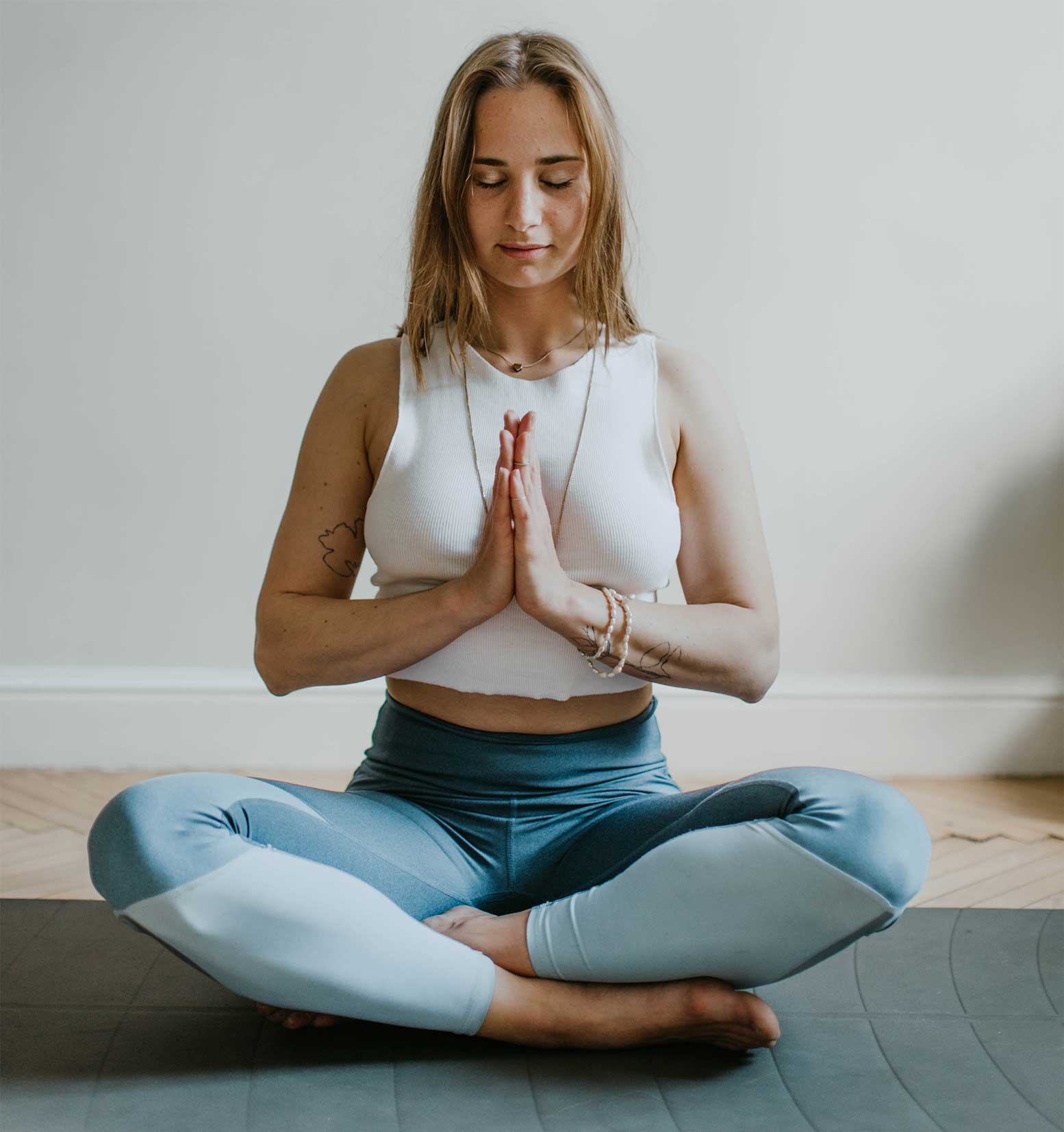M Mental Health
Harnessing the Power of Mindfulness and Meditation for Optimal Mental Health
By
Beauty Doctor MD August 7, 2023

In today’s fast-paced world, the pursuit of mental well-being has become more important than ever. Mindfulness and meditation have emerged as powerful practices for cultivating a calm and focused mind, reducing stress, and improving overall mental health. In this article, we will delve into the benefits of mindfulness and meditation and explore various techniques to incorporate them into your daily life.
- Understanding Mindfulness: Mindfulness involves intentionally paying attention to the present moment without judgment. It invites us to observe our thoughts, emotions, and sensations with curiosity and acceptance. By practicing mindfulness, we develop an increased awareness of ourselves and the world around us, fostering a more balanced and compassionate approach to life.
- The Benefits of Mindfulness: Research has shown that mindfulness offers numerous benefits for mental health. It can reduce stress, anxiety, and depression symptoms, improve emotional regulation, enhance attention and focus, and cultivate a sense of overall well-being. Regular mindfulness practice rewires the brain, leading to increased resilience, self-awareness, and emotional stability.
- Mindfulness Techniques:
- Mindful Breathing: Focus your attention on the sensation of your breath as it enters and leaves your body. Notice the rise and fall of your abdomen or the feeling of air passing through your nostrils. Whenever your mind wanders, gently bring it back to the breath.
- Body Scan: Slowly move your attention through each part of your body, from head to toe, noticing any sensations or areas of tension. Allow yourself to relax and release any tension as you bring mindful awareness to each body part.
- Mindful Eating: Engage all your senses as you eat, savoring each bite. Pay attention to the flavors, textures, and smells of your food. Eat slowly and mindfully, fully experiencing each moment of the eating process.
- Walking Meditation: Take a mindful walk, paying attention to each step and the sensations in your feet and legs. Notice the movement of your body, the sounds around you, and the environment you’re in. Stay present with each moment of the walking experience.
- Loving-Kindness Meditation: Cultivate feelings of love, compassion, and goodwill towards yourself and others. Repeat phrases such as “May I be happy, may I be healthy, may I live with ease” and extend these wishes to loved ones, acquaintances, and even challenging individuals.
- Exploring Meditation: Meditation is a practice that involves training the mind to achieve a state of deep relaxation and heightened awareness. It provides a pathway to cultivate inner peace and clarity, improving mental health in the process.

- Breath Awareness Meditation: Focus your attention on your breath, observing the inhalation and exhalation without attempting to control it. Whenever your mind wanders, gently bring it back to the breath.
- Guided Visualization: Listen to a guided meditation that leads you through a visual journey, often involving calming scenes or positive imagery. This practice enhances relaxation, reduces stress, and boosts creativity.
- Mantra Meditation: Repeat a word, phrase, or sound (mantra) silently or aloud. This practice helps quiet the mind and cultivate focus and concentration.
- Body Sensation Meditation: Bring attention to physical sensations within the body, such as warmth, tingling, or tension. Observe these sensations without judgment or interpretation, fostering a deeper mind-body connection.
- Transcendental Meditation: Learn from a certified instructor to practice this technique, which involves silently repeating a mantra specific to each individual. Transcendental Meditation promotes deep relaxation, reduced anxiety, and increased self-awareness.
Integrating Mindfulness and Meditation into Daily Life
Incorporating mindfulness and meditation into your daily routine is essential for reaping the benefits they offer. Here are some tips to help you make mindfulness and meditation a regular practice:
- Start with small steps: Begin by dedicating a few minutes each day to practice mindfulness or meditation. Gradually increase the duration as you become more comfortable.
- Create a sacred space: Designate a quiet and peaceful area where you can practice without distractions. Personalize it with calming elements like candles, cushions, or plants.
- Establish a routine: Set a specific time each day for your mindfulness or meditation practice. Consistency is key to making it a habit.
- Use technology as a support: Explore meditation apps or online resources that offer guided meditations or timers to assist your practice.
- Be patient and gentle with yourself: Mindfulness and meditation are skills that develop over time. Approach them with curiosity and kindness, letting go of any expectations or judgments.
Conclusion
Mindfulness and meditation are powerful tools for enhancing mental health and well-being. By incorporating these practices into your daily life, you can cultivate greater self-awareness, reduce stress, improve emotional regulation, and develop a more compassionate outlook. Remember that mindfulness and meditation are personal journeys, and finding the techniques that resonate with you is key. Start small, be consistent, and embrace the transformative potential of these practices. With dedication and patience, you can harness the power of mindfulness and meditation to nurture your mental health and lead a more fulfilling life.

